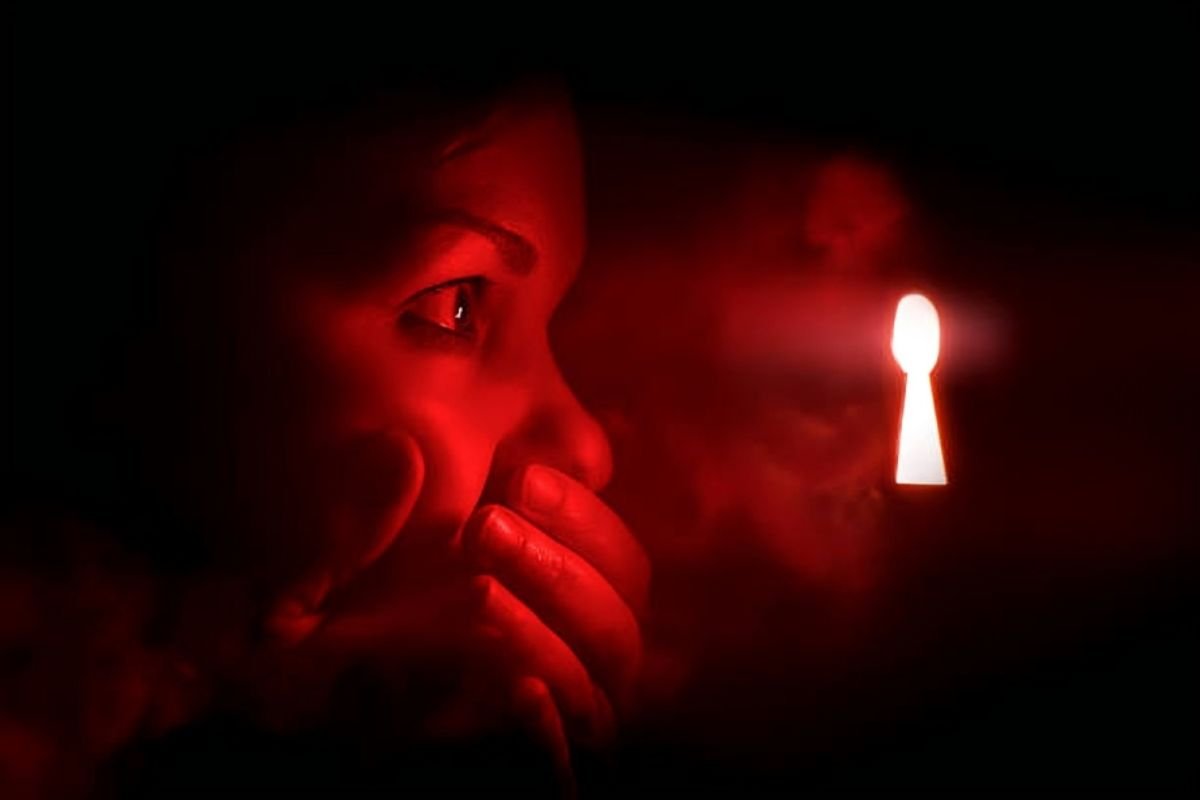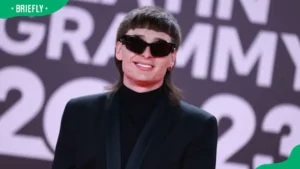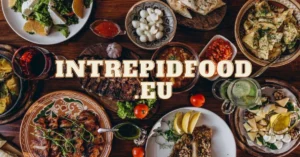Decoding the lingo of bingo
Bingo is one of the easiest games to learn, if you don’t already know it like the back of your hand. The simple premise and thrill of chasing a win make it accessible to new and seasoned players alike, even if the jargon can sometimes be a little bewildering. In this article, we’ll explore and decode some of lingo of bingo so you can play on with a greater appreciation of the game.
The origins of bingo lingo
Bingo lingo has had many different influences over the years. Some calls relate to a time when bingo was the favourite game played in the military during the 19th century. Others are a reference to old Hollywood glamour, such as Here Comes Herbie for 53.

Many modern calls are derived from Cockney rhyming slang which is why you’ll predominantly hear rhymes used when calling out. Each number has its own story when you dig a little deeper.
Common bingo terms
Many bingo calls have evolved to add humour, rhymes and cultural references, making the experience more engaging and entertaining. Here are a few classic examples:
- Kelly’s Eye: This is the traditional call for 1, believed to be a reference to Ned Kelly, the Australian outlaw, or military slang derived from the one-eyed comic strip character, Kelly.
- Knock at the Door:This call for number 4 is said to have come from a nursery rhyme.
- Two Little Ducks: The call for 22, simply because it resembles two ducks side by side.
- Clickety Click: The call for 66, because the rhyme and rhythm make it memorable, echoing the sound of clicking heels or a clicking mechanism.
- Top of the Shop: Since 90 is the highest number in many bingo games, it’s referred to as the “top” of the available selection.

Modern bingo lingo
With the rise of online bingo and other modern variants of the game, the lingo has evolved as well. Players online have adopted short-form, gaming slang in chat rooms, including typing “GL” for “good luck” or “WTG” for “way to go”. Emojis and GIFs are also commonly used, creating an expressive and fun environment that mirrors the lively atmosphere of traditional bingo halls.
Some traditional calls have also been updated to relate to a newer audience. For example, some bingo providers will now call “Tinder Date” for 8 instead of “Garden Gate”. This is just another way the game is evolving to engage with a whole new generation of players.

Modern Adaptations in Bingo Vernacular
As the digital revolution unfolds itself with a garland of new forms of entertainment, so does bingo with open arms to the virtual world. Traditional calls of yesteryears blend with contemporary slang, such that players in online chat rooms exchange pleasantries with abbreviated calls such as “GL” for “good luck” and “WTG” for “way to go.” Also, some of the old-fashioned calls have been refashioned to appeal to the digital generation. For example, “Tinder Date” for number 8 represents how bingo revitalizes its language, through which it manages to be applicable for the continuation of relevance and appeal for the language by a younger audience. The emerging lingo makes sure that Bingo never becomes boring, continuing to unite old and new in this universal game.
The Evolution of Bingo Lingo
These are linguistic landscapes that combine some of the richest tapestries of the most varied and diverse cultural and historical threads around. The vernacular at the heart of bingo goes in for literally everything, from the iron-fisted military echelons of the 19th century to the glitzy appeal of old Hollywood. For example, the “Here Comes Herbie” calls for number 53, looking back to the movies, as do many others in phrases that borrow from the whimsical world of Cockney rhyming slang. The origins for each call are looked at and provide an interesting story to add depth and color to the game. It’s this mixture of tradition and humor that converts the bland bingo into not just a game but rather a cultural experience.
Bridging Generations Through Bingo
The space of bingo is a microcosm that involves the cultural development in the axes of past and present subjectivity through language. Its timeless appeal surely lies in the undisputable ability it has to adapt and grow, reaching out to encompass new trends and technologies, but never losing a charm and evocative nostalgia that speak of its origin. From the historical depths of its military and cinematic references to the contemporary turns of internet slang and digital communication, lingo offers a colorful thread of continuity between different generations of players. Maybe in the echoing “Two Little Ducks” of a vast, busy bingo hall, or the clacking rattle of “GL” in a breezy online chat room, bingo surely proves that pleasure can be found through common experience and the timeless nature of play. As it continues to evolve, bingo is a game that entertains much more than it actually gives people the best window into the cultural tapestry that influences and actually reflects by this game.














Post Comment